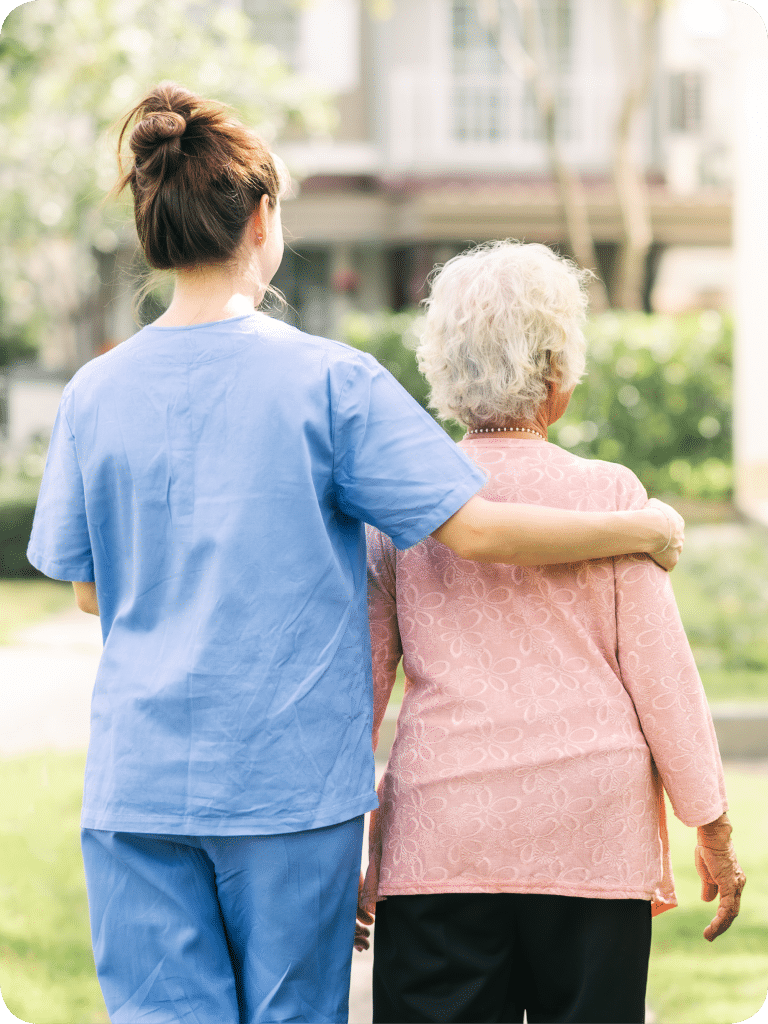Covid-19 can be a source of trauma for older people, who may demonstrate physical, emotional, behavioural and cognitive responses.
It can also impact aged care workers involved in their care, according to experts involved in delivering the federal government’s covid-19 grief and trauma response package.
The health department-funded initiative includes a package aimed at supporting and up-skilling the aged care sector in trauma-informed care and self-care via a series of webinars, workbooks, fact sheets and self-assessment tools.
Behavioural changes
Jane Nursey is director of clinical services at post-traumatic mental health specialists Phoenix Australia, which provides a trauma-informed policy framework for aged care organisations and trauma-informed practice resources for staff as part of the package.
“Trauma informed care is a systems-based approach that can be applied at an organisational level and a sector level and at a community level,” she said in a recent webinar.
“At its basis is the idea that if everyone is informed about trauma and understands its impacts then it provides you with opportunities to put in preventative measures and also manage risk and incidents in a way that promotes health and wellbeing.”
Ms Nursey says trauma can result from a sudden or unexpected event that causes a sense of helplessness, powerlessness and being overwhelmed.
When experienced by older people, trauma can result in behaviour like social withdrawal, non-compliance with things like medication, rudeness and angry outburst, and loss of interest in food.
Older Australians accessing aged care are also likely to have experienced some previous trauma in their lifestyle,.
This may make them more vulnerable to the impact of covid, which can involve isolation from friends and family, and fear of contracting the disease or losing a loved one to it.
However offering a client choice and control, identifying personal strengths and skills , being empathetic and understanding the causes of challenging behaviour can help them manage and recover from trauma.
Read full article Credit: Community Care Review


